Vogt Koyanagi Harada Syndrome Treatment
Vogt koyanagi harada syndrome treatment. The ocular lesions may be accompanied by depigmentation of the iris and retina. Treatment of Ipilimumab-Induced Vogt-Koyanagi-Harada Syndrome With Oral Dexamethasone. Other non-steroid immunosuppressive therapies include oxytetracycline and niacinamide cyclosporine and cyclophosphamide.
Those patients who are treated later in the course of the. A genetic predisposition has been suggested as HLA-DR4DRB104 is more common among VKH patients. Vogt-Koyanagi-Harada VKH syndrome is a rare condition implicating systemic immune reaction against melanocytes.
Vogt-Koyanagi-Harada VKH disease is a T-cell-mediated autoimmune inflammatory disease characterized by granulomatous panuveitis with a variety of other systemic manifestations. Treatment Standard treatment of Vogt-Koyanagi-Harada disease is the use of high-dose systemic steroid drugs initially and often followed by immunosuppressive therapy. Vogt-Koyanagi-Harada disease VKHD initially described as an uveomeningoencephalitic syndrome is a systemic granulomatous autoimmune disease that targets melanocyte-rich tissues such as the eye inner ear meninges skin and hair In 1906 Alfred Vogt in Switzerland first described a patient with premature whitening of eyelashes of.
The patient reported a history of tinnitus and vertigo. Experts agree that successful therapy for VKH disease involves early and aggressive treatment with systemic corticosteroids steroids 54. The key to successful therapy for Vogt-Koyanagi-Harada VKH disease is early and aggressive treatment with systemic corticosteroids.
Early and aggressive treatment is critical. A 29-year-old man referred with a two-week history of pain redness photophobia and blurring of vision of the right eye. Vogt Koyanagi Harada syndrome treatment Management of Vogt-Koyanagi-Harada disease may involve various specialists including dermatologists ophthalmologists and neurologists 53.
VogtKoyanagiHarada syndrome is an autoimmune disease of humans and dogs which consists of a uveitis of one or both eyes characterized by acute iridocyclitis choroiditis and retinal detachment. For the treatment early and adequate corticosteroids are still the mainstream regime for the disease. Increased peripheral blood CD4plus CD8plus T-cell ratios have been seen in VKH.
The pathophysiology is unclear. Drug induced VKH syndrome has been reported in advanced.
Experts agree that successful therapy for VKH disease involves early and aggressive treatment with systemic corticosteroids steroids 54.
Other non-steroid immunosuppressive therapies include oxytetracycline and niacinamide cyclosporine and cyclophosphamide. Vogt-Koyanagi-Harada disease VKHD initially described as an uveomeningoencephalitic syndrome is a systemic granulomatous autoimmune disease that targets melanocyte-rich tissues such as the eye inner ear meninges skin and hair In 1906 Alfred Vogt in Switzerland first described a patient with premature whitening of eyelashes of. 12 Although the etiology of VKH is unknown abnormalities including increased interleukins in the aqueous humor ocular lymphocytic infiltrates. Treatment of Ipilimumab-Induced Vogt-Koyanagi-Harada Syndrome With Oral Dexamethasone. The ocular lesions may be accompanied by depigmentation of the iris and retina. The patient reported a history of tinnitus and vertigo. Vogt-Koyanagi-Harada VKH syndrome is a rare condition implicating systemic immune reaction against melanocytes. Vogt-Koyanagi-Harada VKH disease is a T-cell-mediated autoimmune inflammatory disease characterized by granulomatous panuveitis with a variety of other systemic manifestations. Drug induced VKH syndrome has been reported in advanced.
For cutaneous lesions a combination of prednisolone 1-3mgkg every 12 to 24 hours and azathioprine 15-25mg kg every 24 to 48 hours is often successful Paterson 2008. Other non-steroid immunosuppressive therapies include oxytetracycline and niacinamide cyclosporine and cyclophosphamide. Early and aggressive treatment is critical. The pathophysiology is unclear. Bristol-Myers Squibb New York City NY-induced Vogt-Koyanagi-Harada Disease VKH which consisted of uveitis optic neuritis and choroiditis. Those patients who are treated later in the course of the. The key to successful therapy for Vogt-Koyanagi-Harada VKH disease is early and aggressive treatment with systemic corticosteroids.

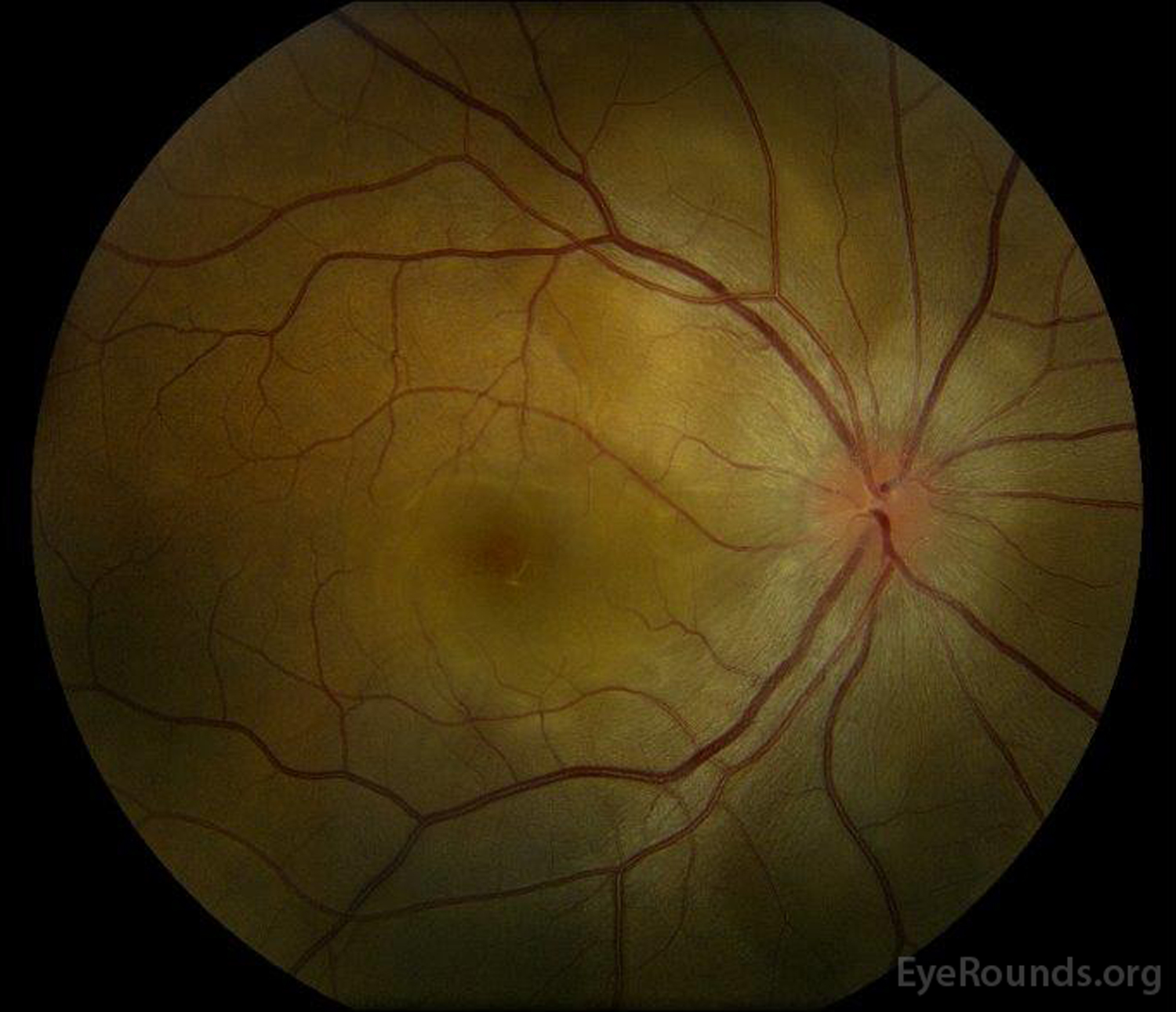

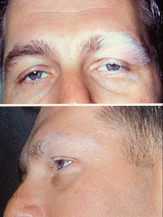



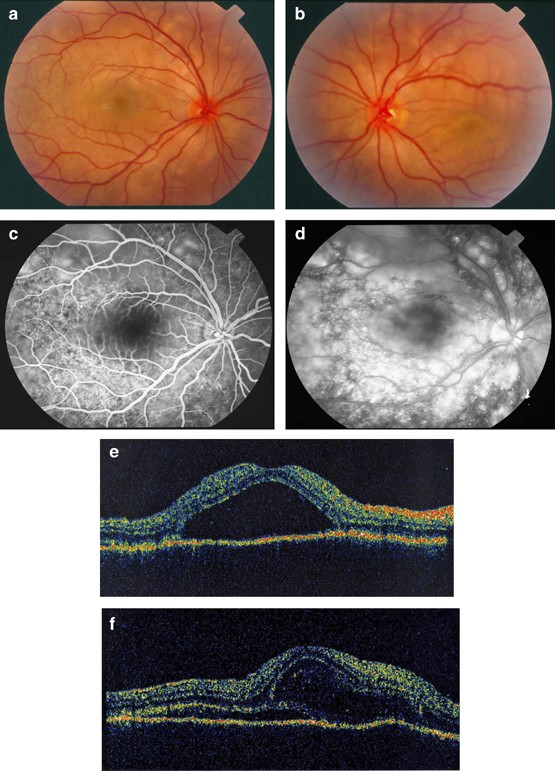




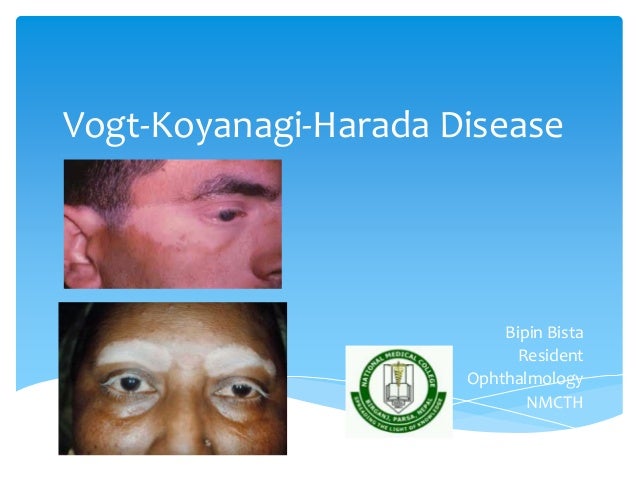


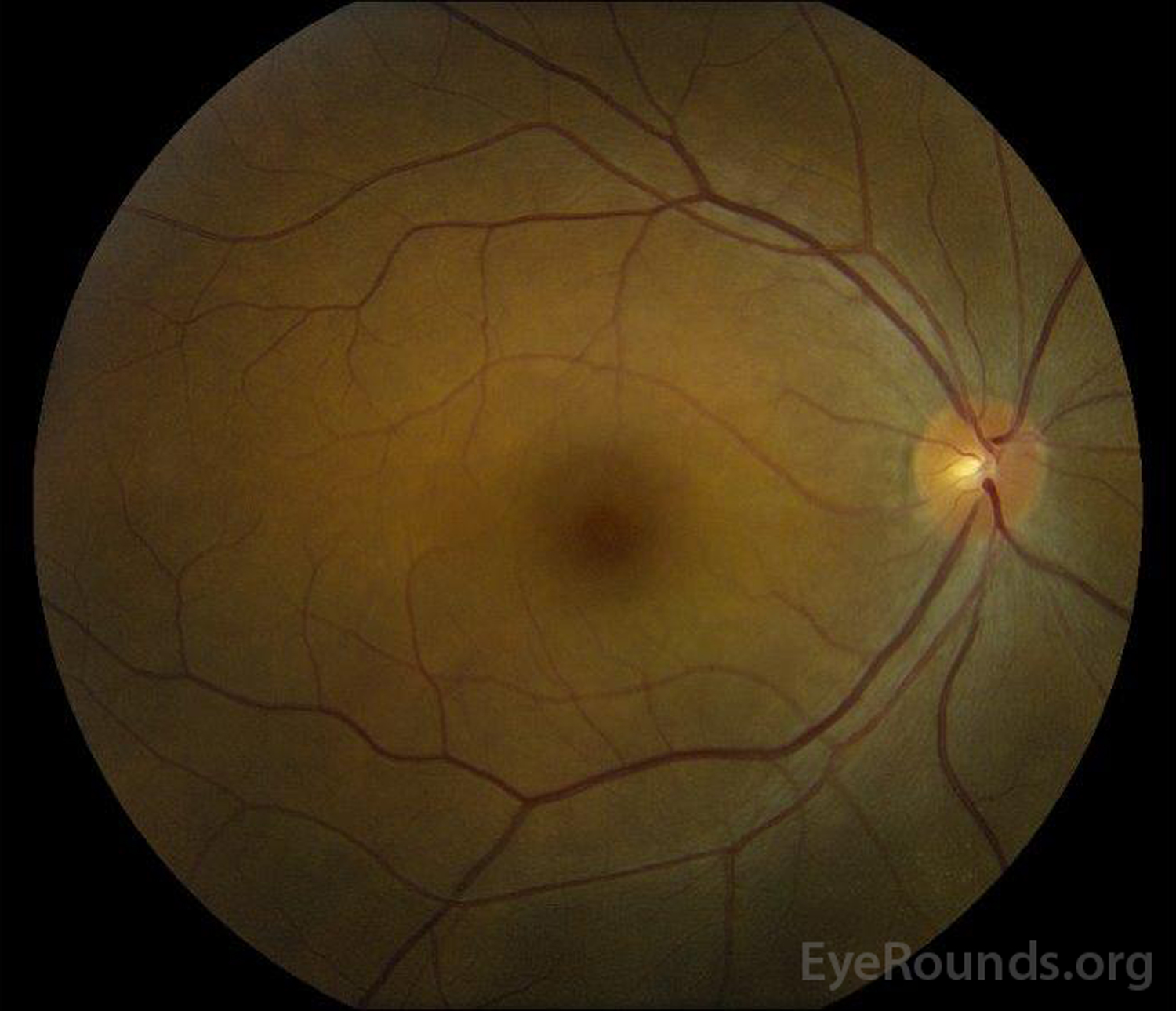
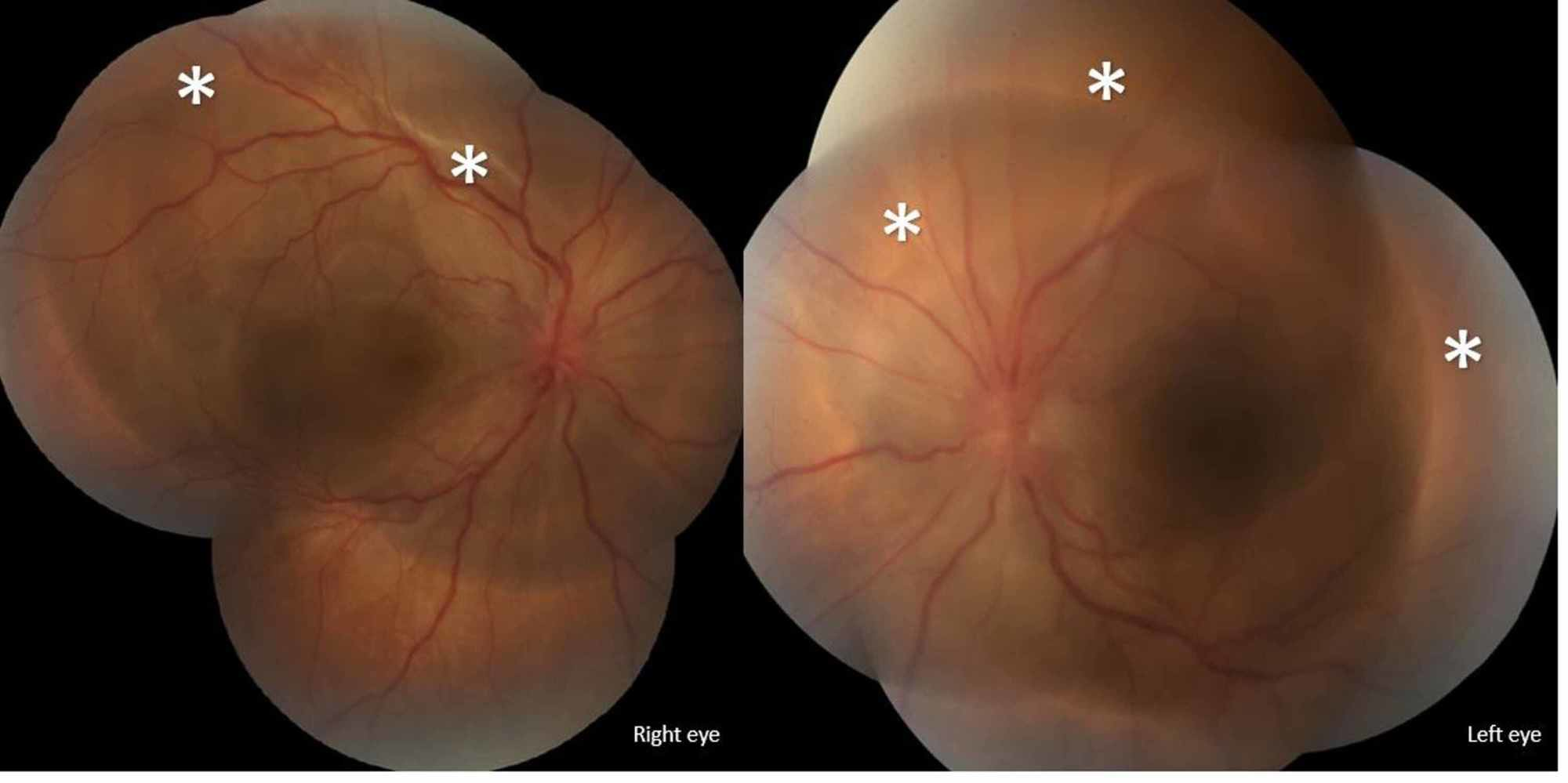

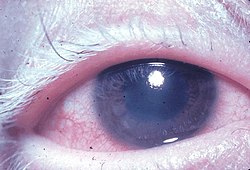


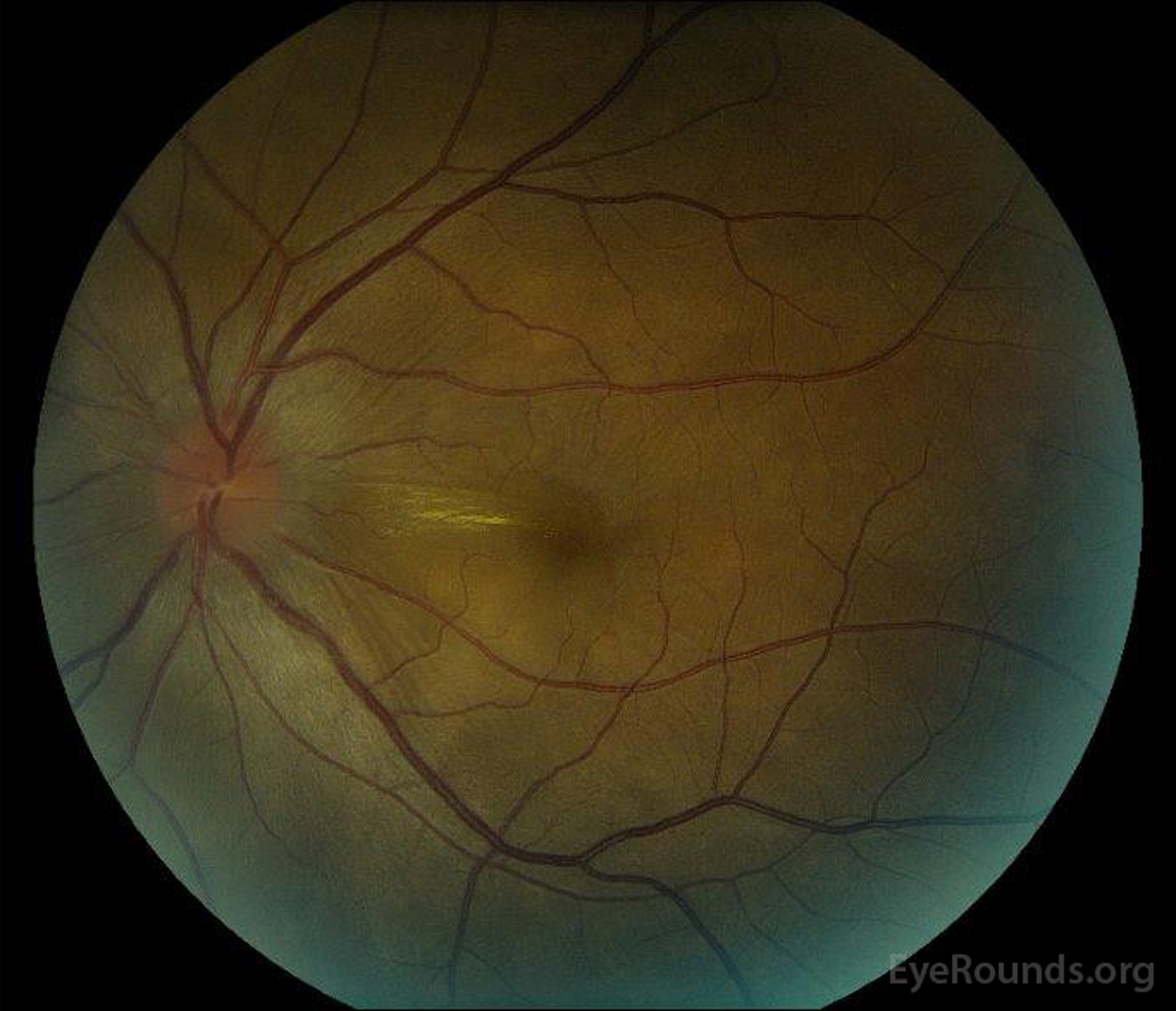


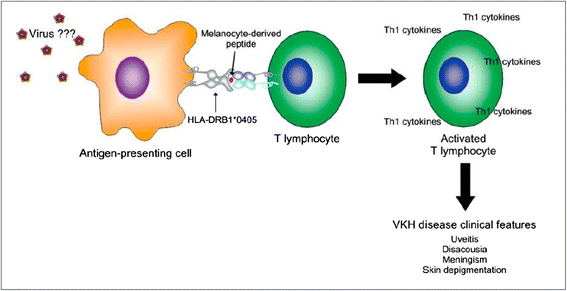

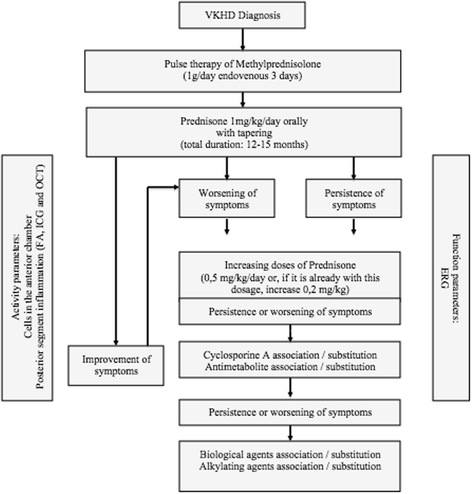


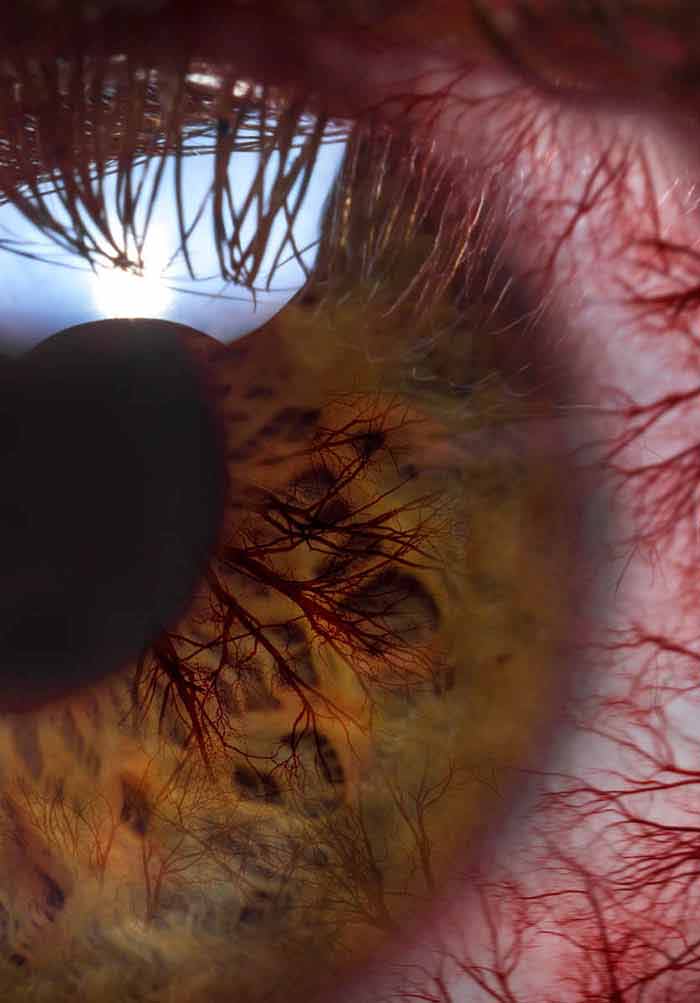




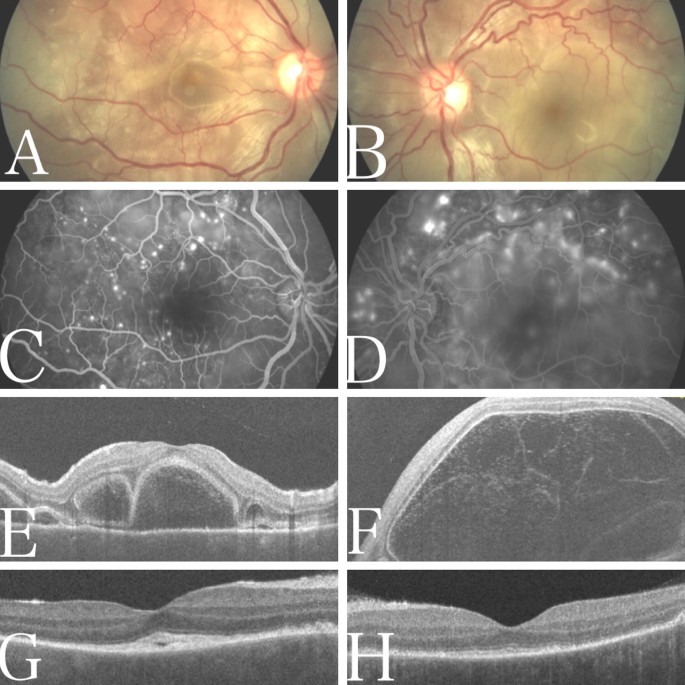
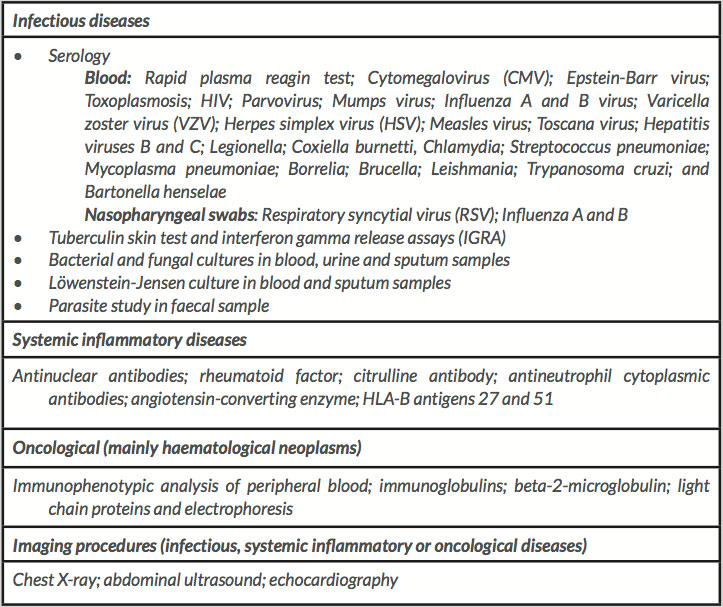
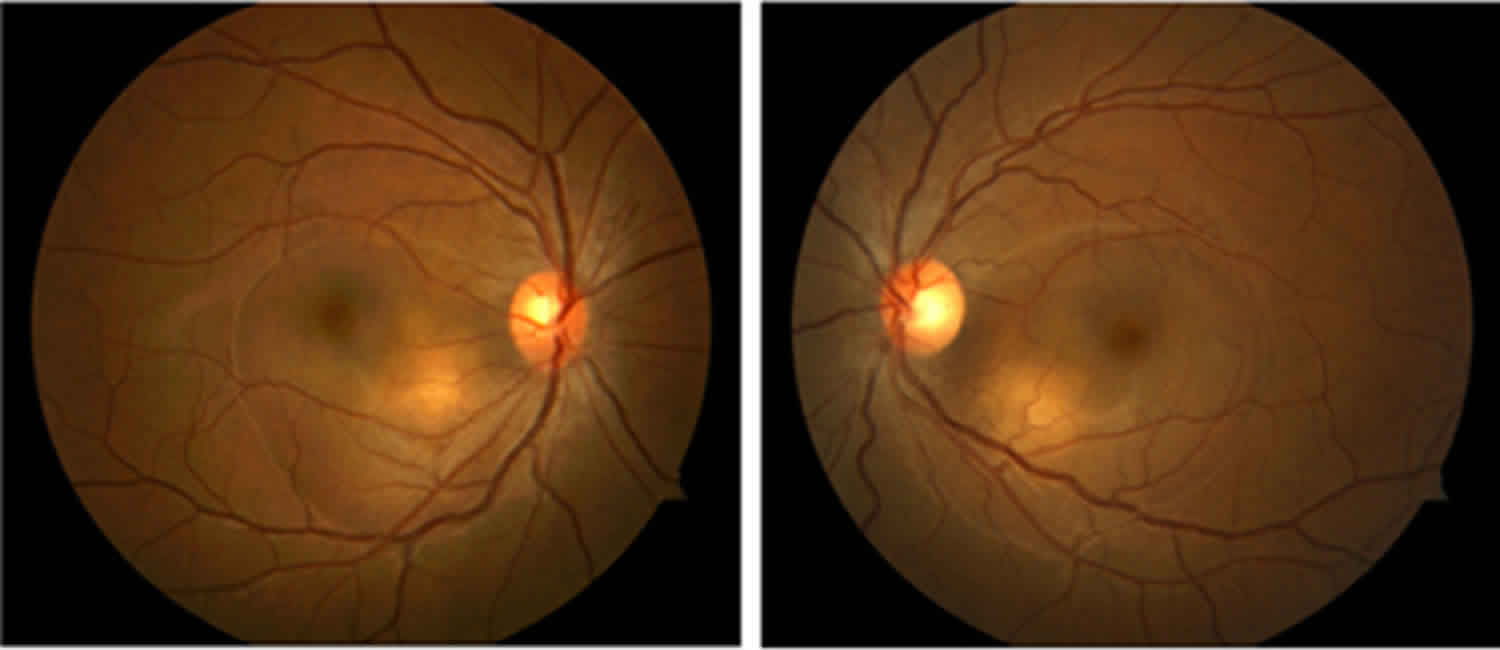


Post a Comment for "Vogt Koyanagi Harada Syndrome Treatment"